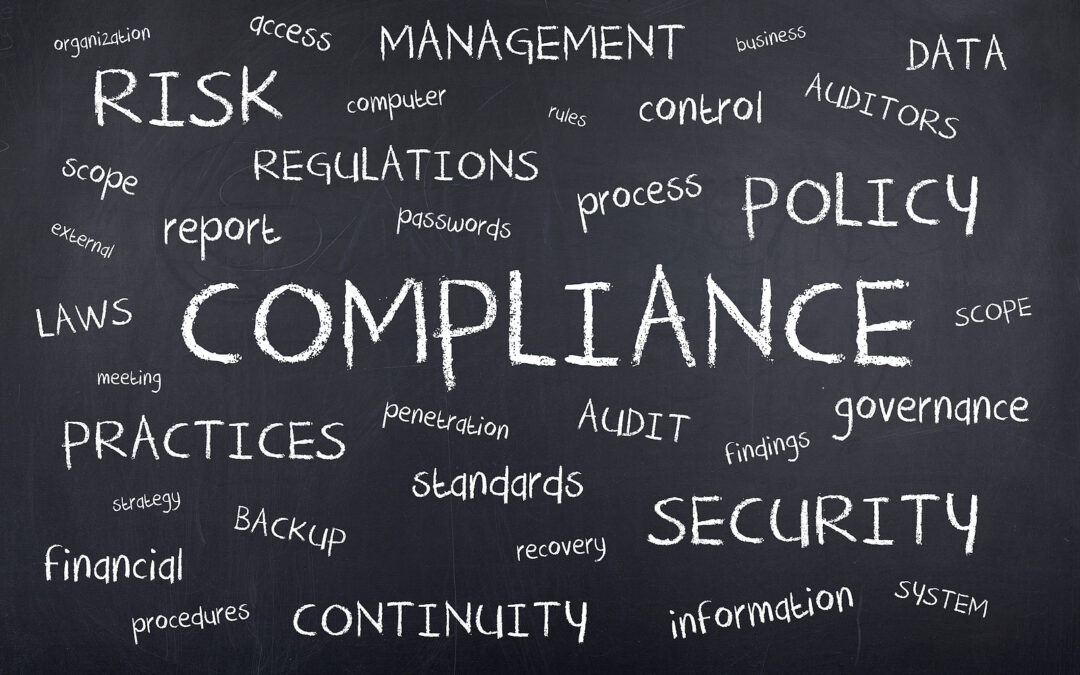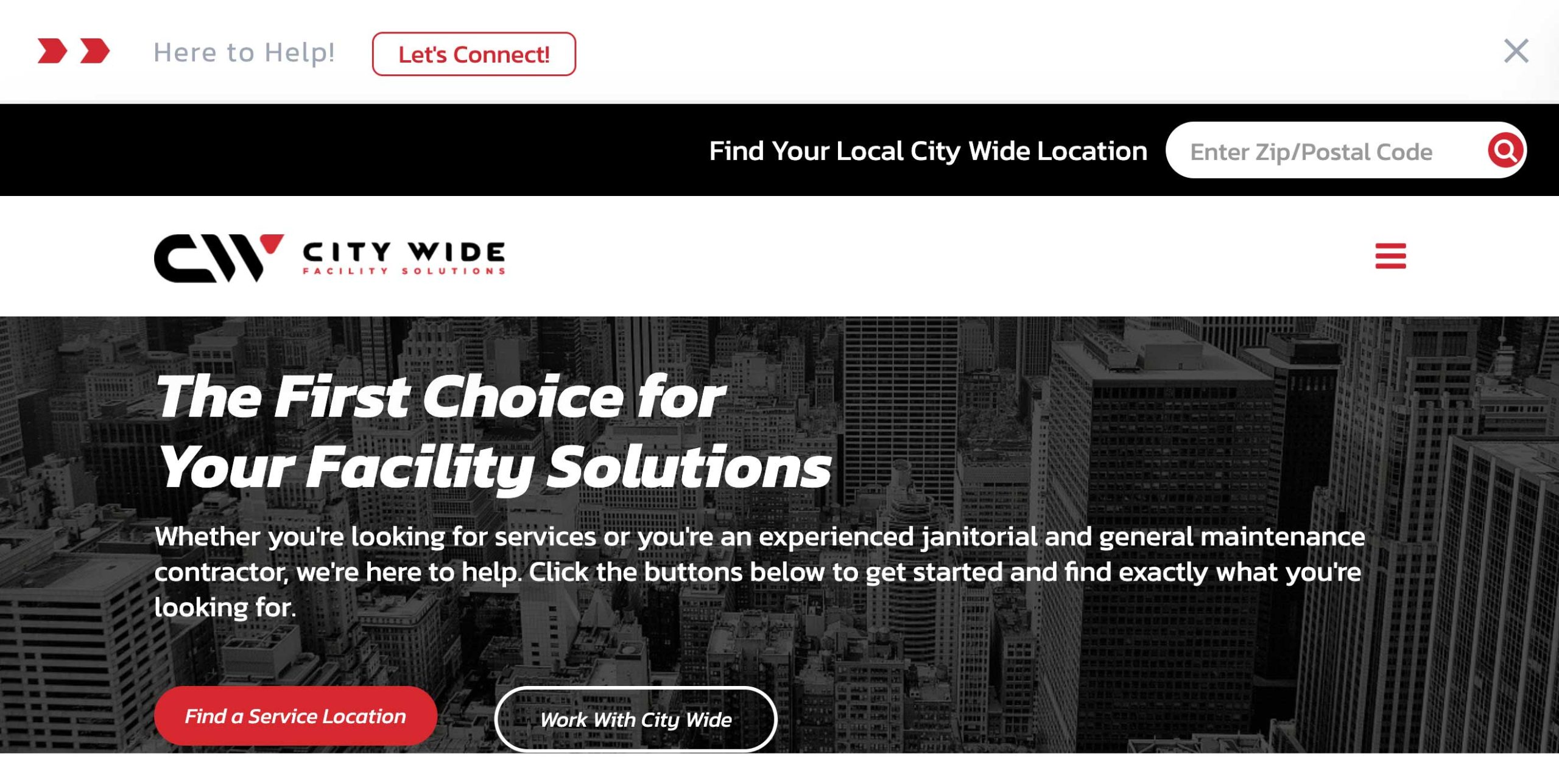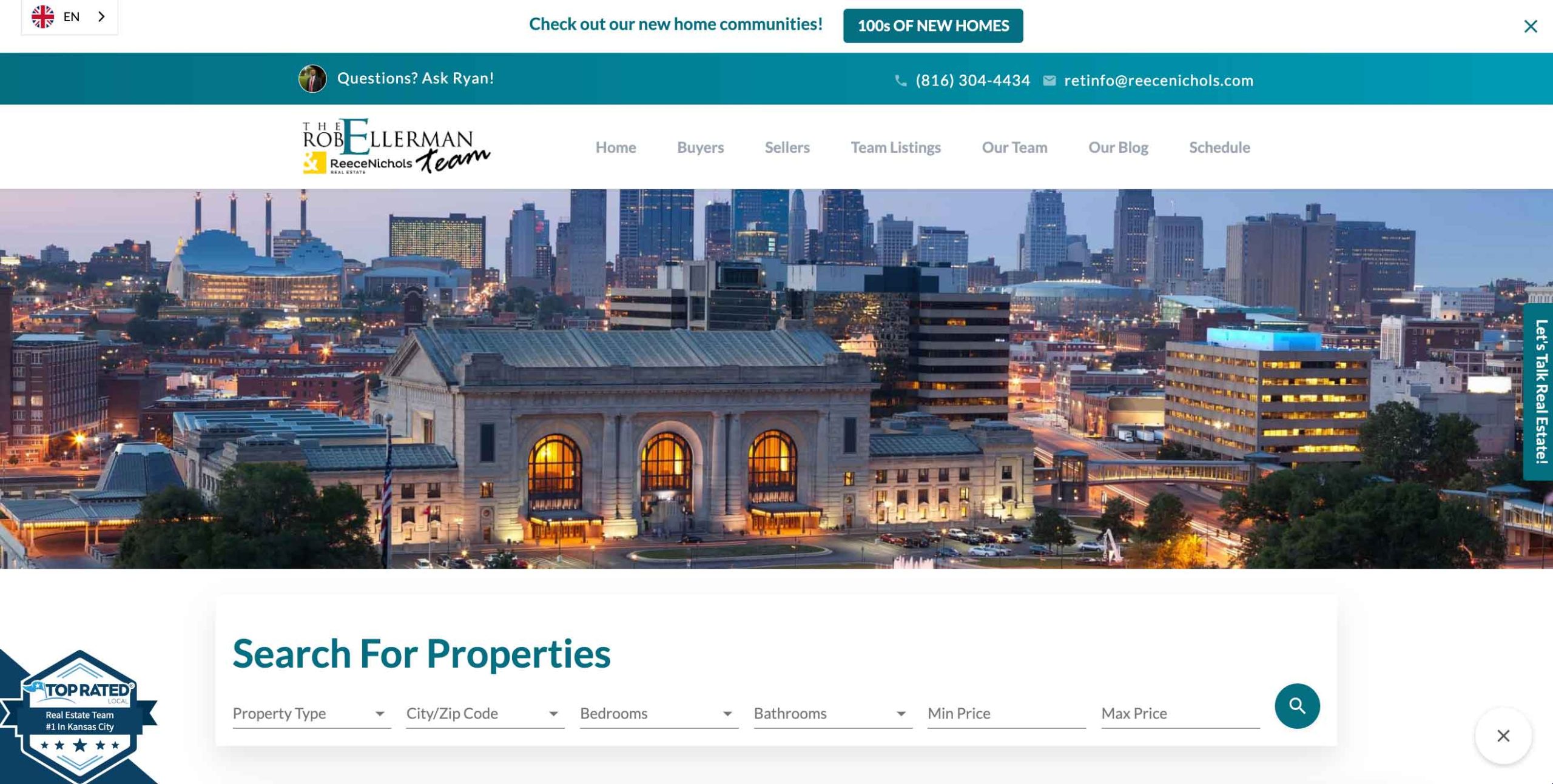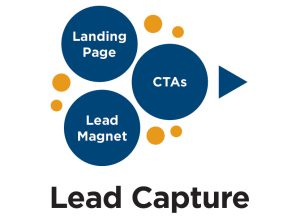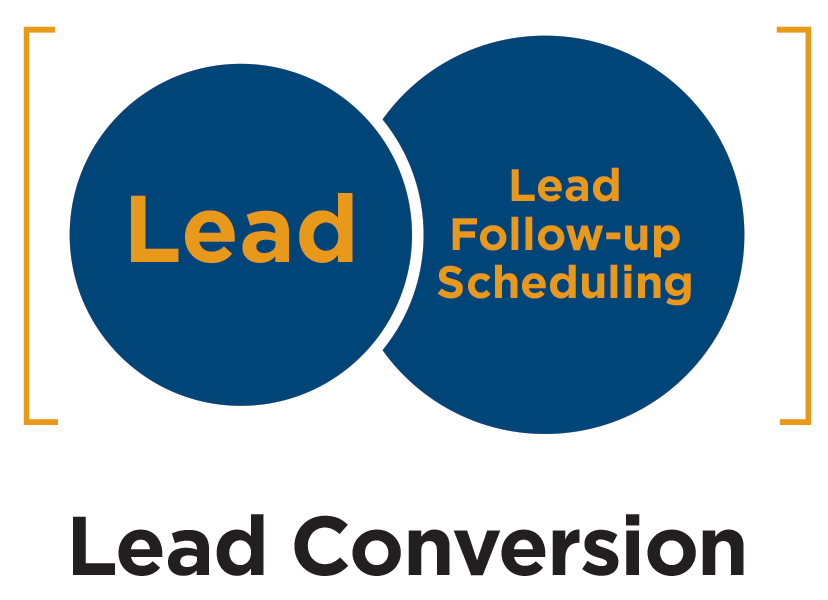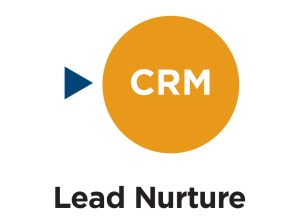In today’s digital age, online insurance marketing is a powerful tool for independent agents to expand their reach and grow their business. However, it’s essential to tread carefully, as the world of insurance is heavily regulated. In this blog, we’ll explore the key aspects of navigating compliance and regulations in online insurance marketing. Whether you’re an experienced agent or just getting started, understanding these rules is crucial to your success.
The Importance of Compliance
Compliance is the foundation of any successful insurance marketing campaign. It ensures that you follow the rules and regulations set forth by relevant authorities. Failure to comply can lead to serious consequences, including fines, loss of license, and damage to your reputation. To succeed in the competitive world of insurance, you must make compliance a top priority.
Key Regulations in Online Insurance Marketing
State Insurance Regulations
Insurance regulations are primarily state-specific, with each state having its own set of rules. As an independent agent, you must be aware of and adhere to the regulations of the states in which you operate. This includes understanding licensing requirements, product approval processes, and advertising guidelines.

Federal Regulations
In addition to state regulations, federal laws also play a significant role in insurance marketing. The most notable of these is the Health Insurance Portability and Accountability Act (HIPAA), which governs the use and protection of health-related information. Compliance with HIPAA is crucial for agents selling health insurance products.
Best Practices for Compliance
Now that we’ve covered the importance of compliance and the key regulations, let’s delve into some best practices that will help you navigate the complex world of online insurance marketing while staying on the right side of the law.
Stay Informed
Regulations are not static; they can change over time. To ensure compliance, make it a habit to stay informed about any updates or modifications to insurance laws in your state. Regularly check government websites and consult with industry associations to stay up to date.
Understand Your Target Audience
To effectively market insurance online, it’s essential to understand your target audience. Tailor your marketing efforts to meet their specific needs and preferences. This not only helps you stay compliant by providing relevant information but also enhances your chances of attracting and retaining clients.
Use Clear and Transparent Language
Insurance can be complex, but your marketing materials shouldn’t be. Use clear, jargon-free language to explain insurance products and their benefits. Avoid any misleading statements or promises. Transparency builds trust with your audience, which is key to compliance and long-term success.
Data Security and Privacy
In an era where personal data is a valuable asset, safeguarding your clients’ information is paramount. Adhere to data protection regulations and invest in secure systems to protect sensitive data. Not only will this ensure compliance with privacy laws, but it will also demonstrate your commitment to your clients’ security.
Always adhere to ethical marketing principles. Avoid aggressive sales tactics, false advertising, and any form of coercion. Ethical marketing not only keeps you compliant but also fosters a positive image, which can lead to more referrals and long-term client relationships.
Leveraging Technology for Compliance
Embracing technology can make compliance easier for independent insurance agents. Here are some ways technology can assist you in staying on the right side of the regulations:
Compliance Software
There are specialized compliance software solutions that can help you manage your marketing materials, ensuring they meet the necessary regulatory requirements. These tools can streamline the compliance process and save you time and effort.

Email Encryption
If you communicate with clients via email, consider using email encryption services to protect sensitive information. This is especially crucial when dealing with health-related or financial data, where privacy regulations come into play.
Social Media Monitoring
If you use social media for insurance marketing, invest in social media monitoring tools. These can help you keep track of your online presence and identify any potential compliance issues before they become problematic.
Training and Education
Take advantage of online courses and webinars that cover insurance compliance and marketing in the digital age. Staying informed and continuously educating yourself and your team is vital for success.
Conclusion
Navigating compliance and regulations in online insurance marketing may seem daunting, but it’s essential for your long-term success as an independent agent. By staying informed, understanding your audience, following best practices, and leveraging technology, you can ensure that your marketing efforts not only attract clients but also adhere to the rules that govern the industry. In this digital era, compliance is the key to thriving in the competitive world of online insurance marketing.

